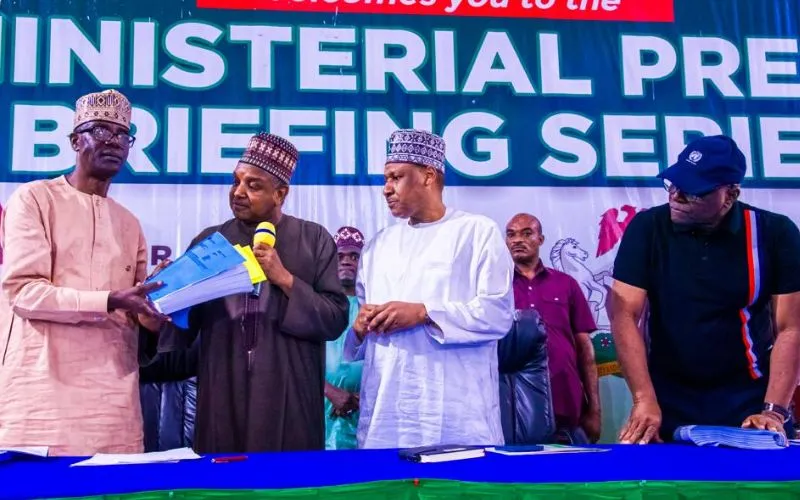Abuja, 11 July, 2024 / 6:04 pm (ACI Africa).
Catholic activists under their umbrella organization, CitizenGO Africa, are calling on the Nigerian government to withdraw from the Samoa Agreement, a contentious document they say seeks to promote abortion and Lesbian, Gay, Bisexual, and Transgender (LGBTQ) ideologies in the West African nation.
In their petition launched on Tuesday, July 9, the members of CitizenGo Africa say that there have been widespread debates in Nigeria compelling the government to withdraw from the agreement that is perceived to undermine the fundamental cultural values of Nigerians.
“The calls for Nigeria to withdraw from the agreement reflect a deep-seated concern for protecting the country's legal framework, cultural integrity, and fundamental values,” the Catholic activists say.
In addition, they say that the push for Nigeria to withdraw from the agreement “is grounded in a staunch belief that the terms and provisions of this pact pose a threat to the Nigerian legal system, sovereignty, and values.”
According to CitizenGo, “The provisions within the agreement have been critiqued for their potential to undermine Nigeria's autonomy and impose foreign ideologies that are incompatible with Nigerian society.”








